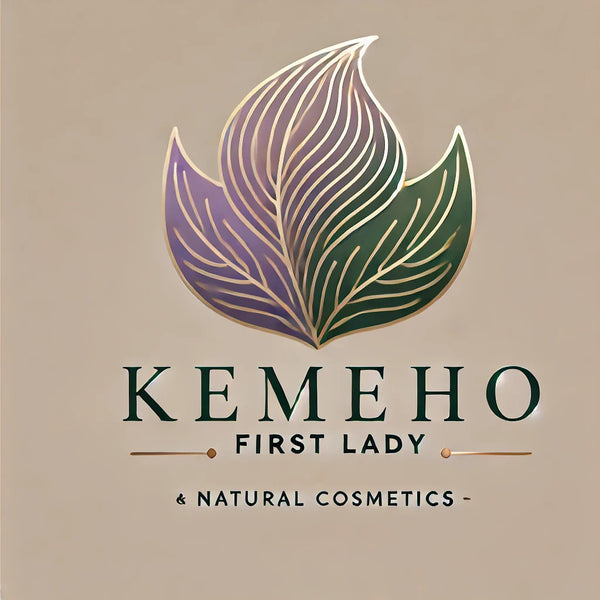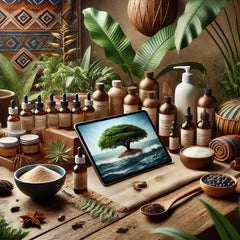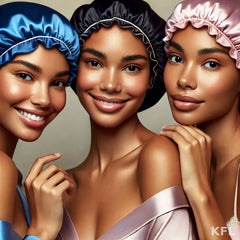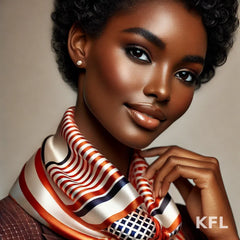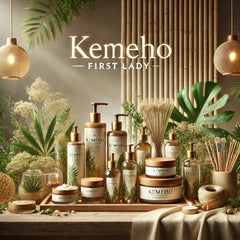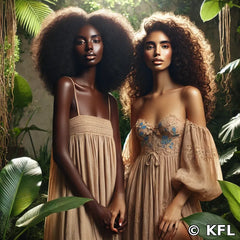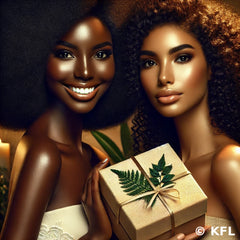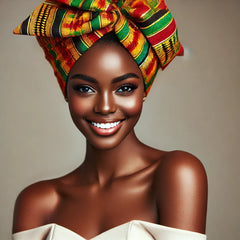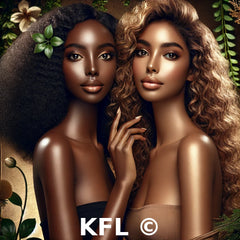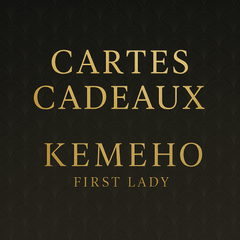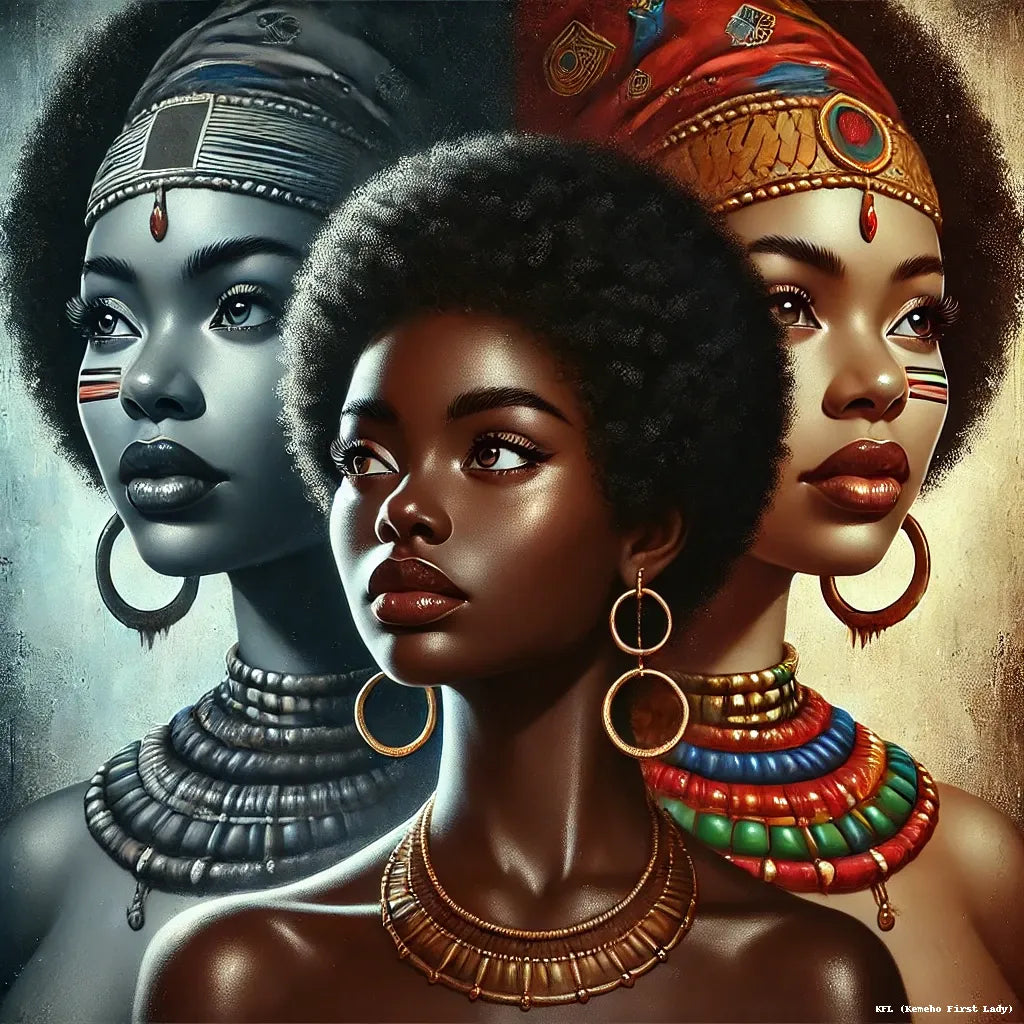
The Impact of Colonialism on Beauty Standards in Africa and the Diaspora
Share Label
The history of colonialism has profoundly transformed perceptions of beauty in Africa and among Black communities worldwide. For centuries, Eurocentric standards were imposed, pushing African physical features and aesthetic traditions to the margins. Today, the effects of this cultural dominance are still felt, although many movements are emerging to redefine and celebrate Black beauty in all its forms.
- The Imposition of Eurocentric Standards Under Colonial Rule
- 📜 With the arrival of European colonizers, African features—dark skin, broad noses, and textured hair—were devalued.
- 📜 Missionaries and colonial administrators promoted the idea that beauty equated to light skin, fine features, and straight hair.
- 📜 In some colonized regions, mixed-race individuals were often favored, reinforcing colorism and the social hierarchy of skin tones.
- The Impact on Aesthetic and Hair Practices
- 💇🏾♀️ The introduction of chemical relaxers and wigs sought to align African beauty standards with European ideals.
- 💇🏾♀️ Light skin was (and often still is) perceived as a social advantage, driving the popularity of dangerous skin-lightening products.
- 💇🏾♀️ Traditional African hairstyles were stigmatized and even prohibited in certain professional and social settings.
- The Weight of Colonialism in Media and Representation
- 📺 Until recently, Black models and celebrities presented to the public often had lighter skin and looser or chemically straightened hair.
- 📺 Advertisements, films, and African magazines themselves long promoted these standards as the norm for beauty.
- 📺 The lack of diversity and representation of very dark-skinned individuals in the fashion and film industries continues to perpetuate these biases.
- Resistance and Reclaiming Black Beauty
- ✊🏾 Beginning in the 1960s, movements like Black Power and Négritude advocated for the acceptance of natural hair and dark skin.
- ✊🏾 Hairstyles such as afros and braids became symbols of resistance and identity.
- ✊🏾 Today, figures like Lupita Nyong’o, Alek Wek, and Adut Akech are redefining beauty standards by showcasing the diversity of Black skin tones.
- The Revolution in the Cosmetic and Fashion Industries
- 🌍 Brands like Fenty Beauty, Pat McGrath, and Uoma Beauty are revolutionizing the market with inclusive makeup offerings.
- 🌍 Dark-skinned models are increasingly represented on runways and magazine covers.
- 🌍 Natural products and hair care lines tailored to textured hair are flourishing, encouraging a return to roots.
- Toward a Redefinition of African Beauty Standards
- ✨ More African countries are banning skin-lightening products and promoting natural beauty.
- ✨ Social media allows Black creators to showcase authentic, unaltered aesthetics.
- ✨ Movements celebrating dark skin and textured hair continue to gain momentum worldwide.
Conclusion
Colonialism’s impact on Black beauty has been deep and long-lasting, but a true revolution is underway. Today, standards are shifting to embrace and celebrate all shades and textures, breaking free from centuries of erasure and stigmatization.
Have you ever felt pressured by Eurocentric beauty standards? Share your experience in the comments!
📢 Want to learn more about African history and culture? 🌍✨ Dive into our Africa Travel Guide and discover fascinating traditions, iconic landmarks, and authentic travel tips. Click here to find out more 👉 Africa Travel Guide
